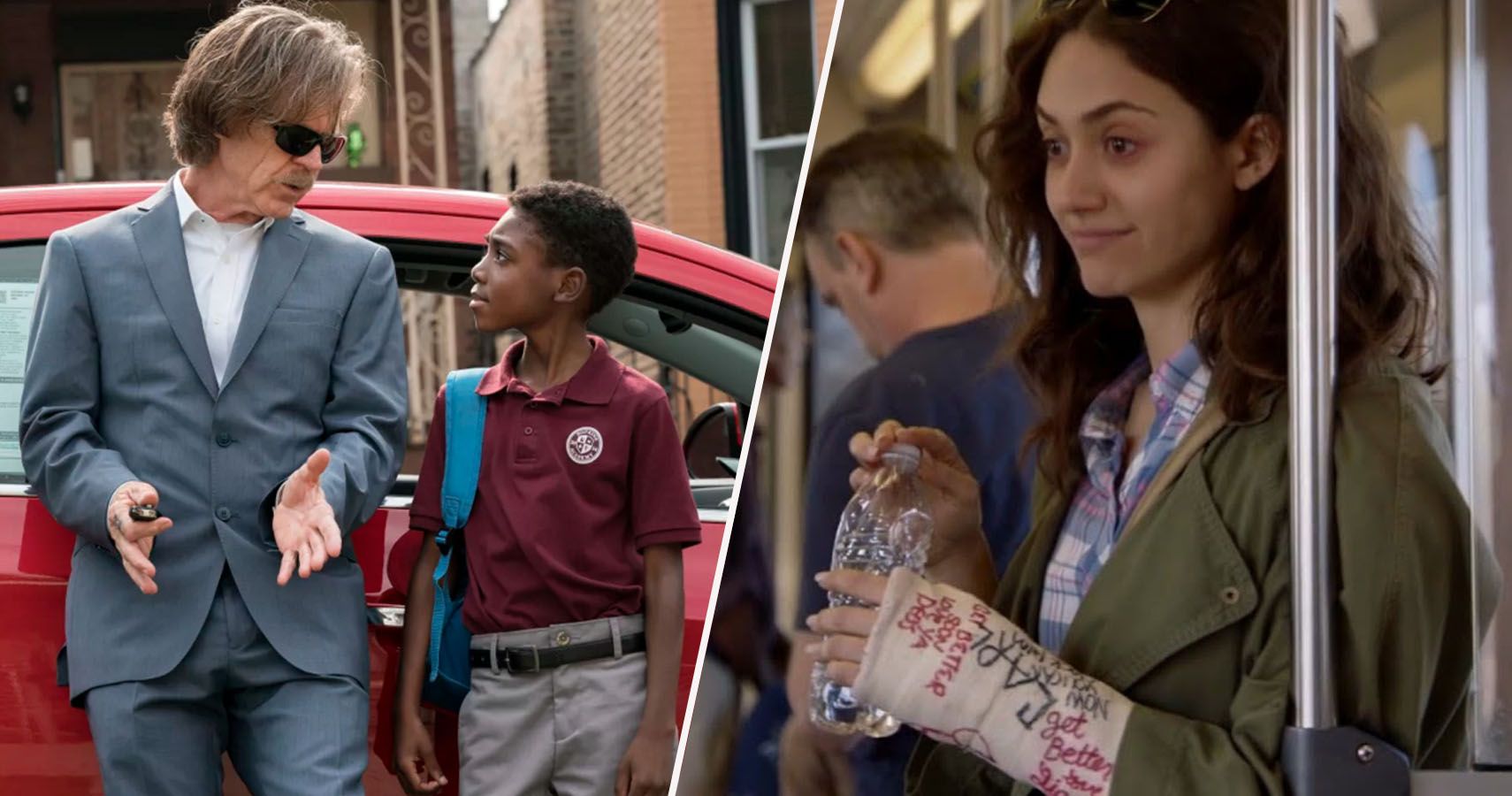
Take Mickey and Ian (Noel Fisher and Cameron Monaghan), for instance. That dichotomy between observing loss and deriving enjoyment from - or in spite of - change also serves as a neat way to categorize some of the main players and their motivations this season. "It's disappearing fast, but before it's gone, we're going to enjoy every f**king minute of it." "Yeah, this is our Chicago," Frank says at one point.
#SHAMELESS SEASON FINALE SERIES#
This is an obvious, though pretty tidy, vehicle for some monologuing from Frank, which is reminiscent of the opening of the series itself. We're immediately thrust into contemplating gentrification in the first episode as a young filmmaker requests to shadow Frank for a documentary project he's doing about the changing demographics in the South Side. The eleventh season of "Shameless" was at its best when the characters were tasked with unfurling their place in a neighborhood that was rapidly changing around them - and what it would mean for them if they, in fact, contributed to or personally benefited from that change.

#SHAMELESS SEASON FINALE FOR FREE#
While certain realities of living in poverty have been introduced and abandoned, or are just completely left out of the script - there are entire Reddit threads dedicated to questioning why Fiona (Emmy Rossum) spent so much time making lunches for the kids when they would have definitely qualified for free public school lunches - gentrification has been an ever-present tension in the lives of Gallaghers, though never more so than in this last season. The finale, which limped to a conclusion on Sunday and centers on the death of Frank from COVID-19, was simply a heightened example of this but I watched the series for over a decade just the same because, at its core, it's a show that's about giving the middle finger to America's stratified class system.Īs film critic Matt Zoller Seitz wrote for Salon when it first premiered, the show isn't about showing viewers that we can lift ourselves up by our bootstraps whenever we want, rather "it's about feeling a great weight on your shoulders every day but resolving to carry it around anyhow, drinking, screwing and cracking wise to take the edge off." Macy), as they attempt to get by and maybe ahead in Chicago's South Side - has always been littered with discarded plot points, unresolved conflict and uneven character development since it first premiered in 2011. The American remake of the British series of the same name - which follows the Gallagher family, led by alcoholic patriarch Frank (William H. This final season of Showtime's "Shameless" was far from perfect. While speaking to THR, showrunner John Wells explained why Rossum was absent from the series finale.The following contains spoilers from the final season – and episode – of "Shameless." Related: Shameless: Why Mandy Milkovich Was Recast in Season 2 Despite her exit, the series continued for two more installments before ending this week.

However, Rossum eventually left the show after nine seasons to pursue other acting endeavors. Rossum’s thoughtful portrayal of her character consistently garnered praise from both viewers and critics, who fully appreciated her ability to lean into the role.

Still, she often strains under a social system that fails to offer any form of aid.

During this time, she tries to provide both the necessary financial and emotional support to her family. With an absent mother and a father dealing with addiction, Fiona finds herself in the role of caregiver to her younger brothers and sister. For the majority of Shameless, Emmy Rossum played the beloved character Fiona Gallagher, the begrudging matriarch of her family.


 0 kommentar(er)
0 kommentar(er)
